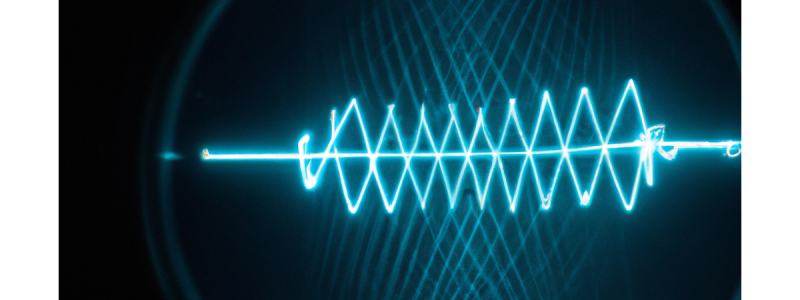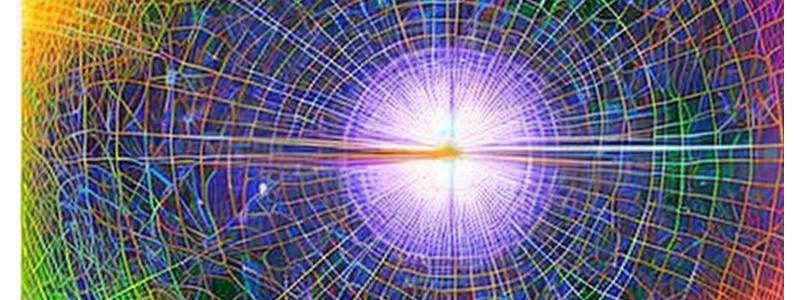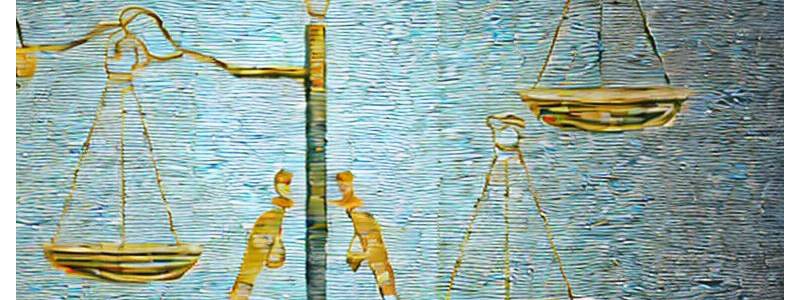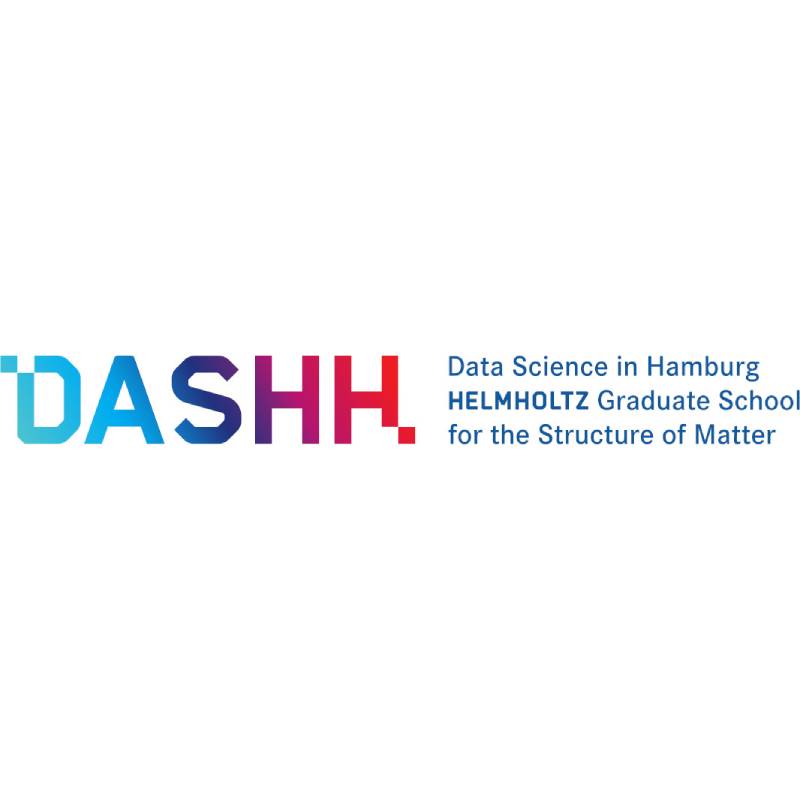physics
Events

3th collaboration workshop on Reinforcement Learning for Autonomous Accelerators (RL4AA) .
We are pleased to announce RL4AA'25, the third instalment of the workshop series organised by the Reinforcement Learning for Autonomous Accelerators (RL4AA) Collaboration. After two very successful workshops in 2023 and 2024 in Karlsruhe and Salzburg, we are excited to announce the next workshop for 2025. RL4AA'25 will be hosted by DESY in the beautiful port city of Hamburg, Germany.
The workshop will bring together experts from the fields of machine learning, accelerator physics, and high-performance computing to discuss the latest developments in the field of reinforcement learning for autonomous accelerators. The workshop will feature invited talks, contributed talks, and poster sessions, as well as a panel discussion on the future of autonomous accelerators.
RL4AA welcomes seasoned RL practitioners as well as newcomers. We are doing our best to make sure there is something for everyone, from introductory tutorials to advanced research talks.
Note also that this year’s workshop is organised in coordination with 5th ICFA Beam Dynamics Mini-Workshop on Machine Learning for Particle Accelerators (MaLAPA) workshop at CERN. Both workshops are organised such that you can attend them one after the other.
We are looking forward to welcoming you to Hamburg in 2025!

DASHH Winter Colloquium | Interdisciplinary AI Research for Particle Physics & Structural Biology
As the year is approaching its end, we cordially invite you to this year's last Data Science Colloquium on December 19th, 2024, at 5 pm at the Albert-Einstein-Ring 8-10 on Campus Bahrenfeld (https://g.co/kgs/5eMwmnz, Ground Floor, Rooms 5 & 10). We look forward to talks by DASHH researchers Prof. Christian Schwanenberger and Dr. Andrea Thorn on current opportunities and challenges for artificial intelligence in particle physics & structural biology.
We hope to meet you for discussions after the talks with some snacks & hot beverages in a cheerful atmosphere.

Data Science Colloquium | “Artificial Intelligence in Computer-Assisted Drug Design”
We are happy to announce the next talk of our Data Science Colloquium which is an event jointly organized by Data Science in Hamburg - the Helmholtz Graduate School for the Structure of Matter (DASHH) and our partners.
We are looking forward to the talk of Dr. Christoph Grebner (Computational Chemist, Sanofi-Aventis Deutschland GmbH, Frankfurt, Germany)
Drug design is a resource-demanding process that necessitates mining the incredibly large hemical space and includes expensive and time-consuming experiments. In the last decades, computer-assisted drug design (CADD) has become an indispensable tool to support and facilitate this process. Recent developments in the field include incorporating machine learning models at various steps of the drug discovery process and improving algorithms for searching the chemical universe. The talk will highlight key steps in computer-assisted drug design and discuss upcoming opportunities and challenges for AI technologies in CADD. Dr. Christoph Grebner is a computational chemist at Sanofi with several years of experience supporting drug design projects with CADD.
The official announcement and abstract of the talk can be found here
You can join the on-site colloquium or the Zoom meeting
Further information concerning the speakers and the lectures can also be found here
We are looking forward to your participation!

Data Science Colloquium | Recent Progress on Inertial Fusion Ignition at the National Ignition Facility and the Path Ahead
The National Ignition Facility (NIF) at Lawrence Livermore National Laboratory is a 2.2 MJ laser facility designed to achieve inertial confinement fusion ignition. In this approach, the 192 laser beams of NIF are used to compress and heat a millimeter-scale capsule of deuterium-tritium fuel to fusion ignition conditions where the fusion energy produced exceeds the laser energy delivered to the target. On Dec. 5, 2022, a NIF experiment crossed this ignition threshold for the first time. In the two years since, significant further progress has been made with recent experiments producing more than double the amount of laser energy used to drive the implosion.
This talk reviews the importance of the interplay of theory and high-performance computing with experiments, and critical hurdles that had to be overcome to reach ignition, recent progress in NIF experiments since ignition was achieved, and some of the current and future plans aiming for even higher fusion yields.
This work was performed under the auspices of the U.S. Department of Energy by Lawrence Livermore National Laboratory under Contract DE-AC52-07NA27344.
You can join the on-site colloquium or the Zoom meeting after registering here

Event Series Physics ❤ AI
All dates for Event Series "Physics ❤ AI" for the upcoming semester are always at 10:30-12:00 in CFEL SR1.
The detailed agenda is password protected. If you are interested in the agenda, please email the organizers (gregor.kasieczka@uni-hamburg.de / janis.kummer@uni-hamburg.de).
Or just come, it is of course allowed!

Event Series Physics ❤ AI
All dates for Event Series "Physics ❤ AI" for the upcoming semester are always at 10:30-12:00 in CFEL SR1.
The detailed agenda is password protected. If you are interested in the agenda, please email the organizers (gregor.kasieczka@uni-hamburg.de / janis.kummer@uni-hamburg.de).
Or just come, it is of course allowed!

Event Series Physics ❤ AI
All dates for Event Series "Physics ❤ AI" for the upcoming semester are always at 10:30-12:00 in CFEL SR1.
The detailed agenda is password protected. If you are interested in the agenda, please email the organizers (gregor.kasieczka@uni-hamburg.de / janis.kummer@uni-hamburg.de).
Or just come, it is of course allowed!

Event Series Physics ❤ AI
All dates for Event Series "Physics ❤ AI" for the upcoming semester are always at 10:30-12:00 in CFEL SR1.
The detailed agenda is password protected. If you are interested in the agenda, please email the organizers (gregor.kasieczka@uni-hamburg.de / janis.kummer@uni-hamburg.de).
Or just come, it is of course allowed!

How AI is raising the ambition of physicists
Kyle Cranmer (UW Madison)
Auditorium (Bldg 5, DESY Hamburg) and Zoom, 16:00h
AI is quickly raising the ambitions of scientists; however, the capabilities that AI enables vary significantly across fields. I will provide examples and describe some emerging patterns that hint at the diversity of ways that AI will transform scientific practice. In particular, I will highlight how AI/ML is advancing Simulation-Based Inference, Lattice Field Theory, and Scattering Amplitudes.
We invite you to attend the presentation in person at the DESY Auditorium. We will also offer a webcast to this colloquium.
Connection details at https://desy.zoom.us/j/99616528733
Meeting ID: 996 1652 8733
Meeting Password: 733220

KI Hands-on: Lehrbeispiele zu generativer. KI an der Universität Hamburg
Spätestens seit Ende letzten Jahres werfen generative KI-Tools wie ChatGPT und Co. (nicht nur) an der Universität Hamburg viele Fragen auf – von grundlegenden Zielen der Hochschulbildung bis hin zu konkreten prüfungsrechtlichen Aspekten. Anknüpfend an die Informations- und Diskussionsveranstaltung zu ChatGPT im Januar 2023 richtet das DDLitLab zusammen mit dem HUL am Mittwoch, den 05.07.2023 von 14.15-17.15 Uhr in der Jungiusstraße 9, Hörsaal III eine Veranstaltung zum konkreten Einsatz generativer KI-Tools in der Lehre aus.
Gemeinsam wollen wir den Fragen nachgehen, wie und wofür KI schon jetzt in unterschiedlichen Fachdisziplinen eingesetzt wird. Wie funktioniert das konkret und was können andere davon lernen? Die Diskussion soll weg von grundlegenden Fragen der Funktionsweise und der Langzeitszenarien führen und sich stattdessen konkreter am Hier und Jetzt orientieren.
Dazu stellen Lehrende verschiedener Fakultäten zunächst ihren Umgang mit generativen KI-Tools in der Lehre vor. Anhand dieser Praxisbeispiele und durch den gemeinsamen Austausch möchten wir Ideen für weitere Netzwerk- und Veranstaltungsformate zu generativer KI an unserer Universität entwickeln. Die Veranstaltung wird aufgezeichnet und im Anschluss auf Lecture2Go zur Verfügung stehen.
Melden Sie sich ab sofort hier zur Veranstaltung am Mi, den 05.07.2023 an.
Sie haben keine Zeit, wollen aber über weitere Veranstaltungen und aktuelle Entwicklungen auf dem Laufenden bleiben? Dann melden Sie sich gern zum Newsletter gKI-Lehre an.
Institutions
- DDLitLab, ISA-Zentrum

Particle and Astroparticle Physics Colloquium
In this talk we will propose a model for intelligence inspired by fluid dynamics. By modeling the dynamics of neural activity through a PDE, we achieve a number of interesting properties.
First, we observe that latent representations transform under sensory input transformations as waves, which are in turn well modeled as the evolution of a fluid. We can use this analogy to learn "disentangled representations" of the input, meaning that every input is embedded in a point in latent space which has associated to it a number of tangent directions in which the input transforms in prescribed ways (e.g. rotating, scaling, etc.). We can relate this to equivariant representations but for arbitrary transformations rather than symmetry groups. We show that this strong inductive bias can lead to the formation of topographic organization of neurons, and leads to good predictive performance. We also discuss the reverse, namely how to use deep learning to model PDEs better, in particular the Navier Stokes equations that model the weather.
Coffee, tea and cookies will be served at 15:30h. After the colloquium we will have beer and pretzels.
The direct link to the webcast is:
https://desy.zoom.us/j/99616528733
Meeting ID: 996 1652 8733
Meeting Password: 733220
The full DESY Particle and Astroparticle Physics Colloquium programme can be found under physikseminar.desy.de/hamburg

Special Physics/AI Seminar: Distribution mapping with Schrödinger Bridges
A multitude of ML tasks in particle physics, from unfolding detector effects to refining simulation and extrapolating background estimations, require mapping one arbitrary distribution to another. Several indirect methods have been developed to achieve this, such as classifier-based reweighting on a distribution level, or conditional generative models. However, training an ML model to perform a direct, deterministic mapping has long been a challenging prospect.
In this talk, I introduce the concept of Schrödinger Bridges, ML architecture closely related to Diffusion Models, which enables direct mapping of arbitrary distribution to arbitrary distribution. I demonstrate two implementation approaches with differing upsides and present state-of-the-art results applying Schrödinger Bridges to unfolding and refinement tasks.
Institutions
- UHH, Institut für Experimentalphysik

Synergising AI and Particle Physics to learn about Nature and Neural Networks
The Network for Artificial Intelligence and Law (NAIL) invites you to its next event. We are pleased to welcome Prof. Dr. Michael Spannowsky to give a talk on the use of neural networks in particle physics. We will learn how neural networks are used to improve our understanding of fundamental scientific questions and how we use mathematical structures observed in nature to better understand neural networks. The lecture will be followed by a discussion around the topic. The event will be held in English.
After the lecture and discussion, we would like to invite you to end the evening with us in a relaxed atmosphere, with pretzels and wine in the south lounge.
You can participate in presence or online. Please register for the event using the following link: Registration
Institutions
- Network for Artificial Intelligence and Law (NAIL)

Taking CS to space: Rosetta: landing on a comet – the craziest mission ever!
An exciting talk at the interface of Informatics and Physics by the Rosetta Software Coordinator (European Space Agency), Alessandro Ercolani.
Rosetta is a space mission of the European Space Agency – ESA. It was launched in 2004 and after 10 years of interplanetary travel reached the comet 67P Churyumov-Gerasimenko and sent the lander Philae to its surface: the first time for humankind to touch down on a comet. Alessandro Ercolani was Rosetta Software Coordinator in the Mission Control Team at the time of the launch, and he’ll bring the audience through an exciting trip across our solar system with many pictures and animations, to tell the story of this fantastic exploration mission.
Institutions
- UHH
Institutions

Data Science in Hamburg | Helmholtz Graduate School for the Structure of Matter, DESY & UHH & TUHH & HSU & HAW & Hereon & HZI & MPSD & EuXFEL
Helmholtz graduate school educating the next generation of international and interdisciplinary data scientists

Universität Hamburg
Adeline Scharfenberg

Universität Hamburg
Adeline Scharfenberg

Universität Hamburg
Adeline Scharfenberg